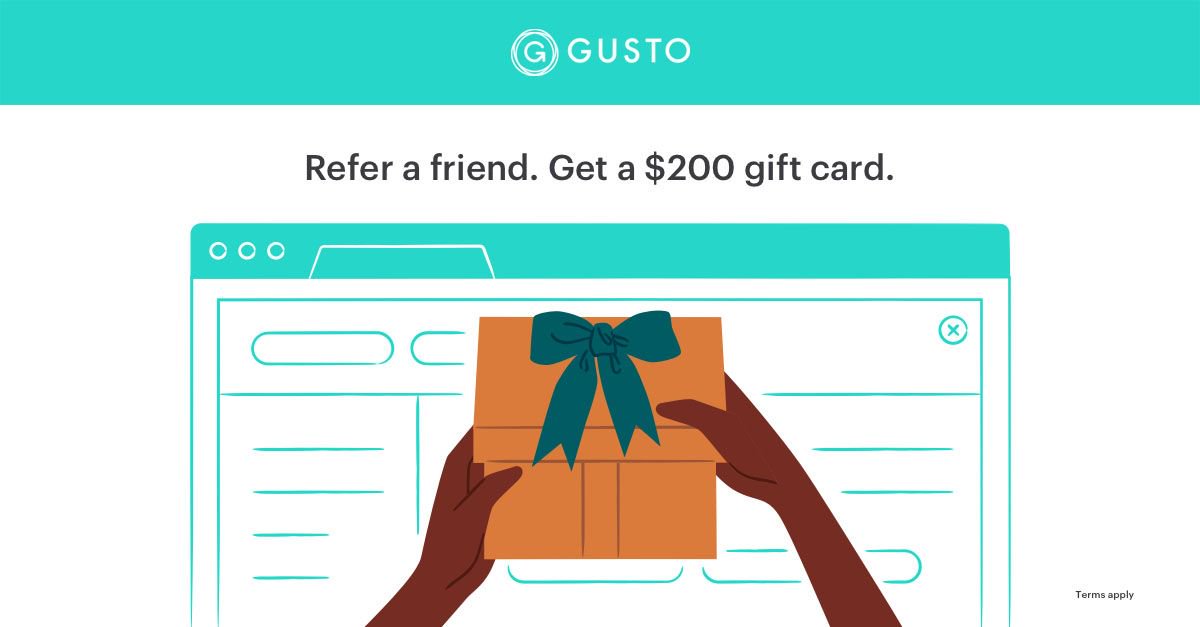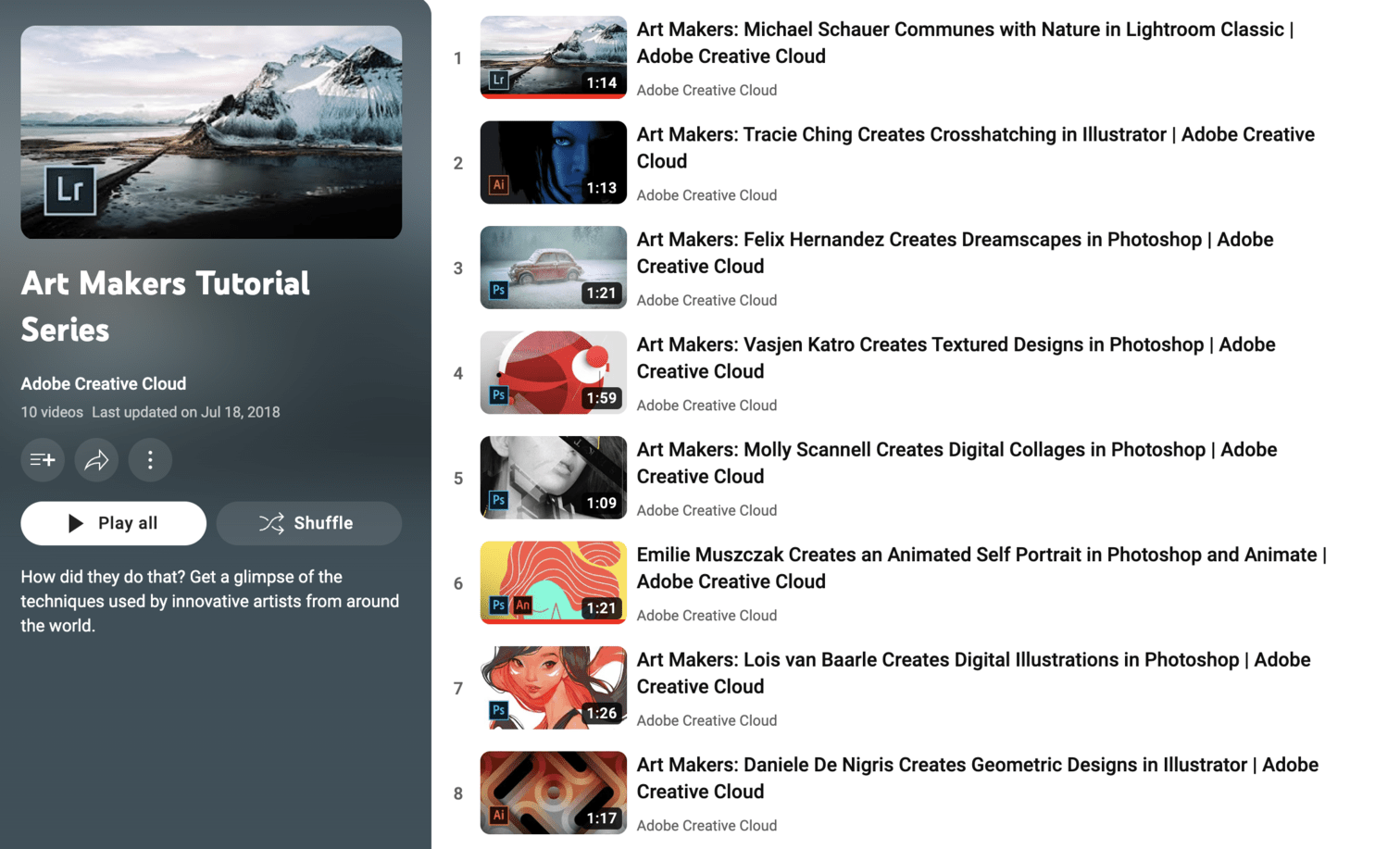Build your customer referral program without the dev time
Sign up for a free trial of GrowSurf to lower your customer acquisition costs, increase customer loyalty, and save gobs of time.
Launch Your ProgramImage source: "Photo Of People Using Gadgets", by fauxels, licensed under Free to Use
As you start running and your legs give up, you see people cheering you from the sidelines. They're shouting, "We're proud of you!" and "You've got this!"
Suddenly, you feel a rush of energy and motivation. You're now confident you can reach the finish line and make the people who supported you even prouder of your achievements.
What you're experiencing is nothing weird or unheard of. It's basic psychology. Research has found that encouragement, whether in the form of cheering or writing, can boost self-confidence, effort, motivation, success, self-esteem, and validation.
This brings us to the topic of this post: brand champions.
Similar to how marathon runners feel motivated to reach the finish line, companies can also be encouraged to keep up the good work and stay in business with the help of brand champions.
Let's look at what brand champions are, their benefits, and how you can leverage them to generate new business.
A brand champion is a consumer who loves your brand so much that they become an advocate for it. They go above and beyond to spread the word, and make it their mission to introduce as many people as possible to your brand.
Brand champions are a brand's superfans, meaning they spend more time praising that brand than most other people do. Brand champions are extremely valuable to brands because they help increase sales, drive traffic, and increase brand awareness through word-of-mouth marketing.
Brand ambassadors are a type of brand champions. There are several other types of brand champions apart from brand ambassadors, including:
For example, a brand ambassador's task is to share how they're using your brand with their audience. They can share their experience online or offline or do both types of promotion. In some cases, brand ambassadors have a formal agreement with a brand that outlines the ambassador's responsibilities and compensation.
Customer referral ambassadors are those who share your brand with their friends, family, and peers. Brands recruit customer referral ambassadors via customer referral programs. In this mutual relationship, both parties have something to gain. The referral ambassadors receive a specific reward (money, discount, free product), while the brand wins new customers.
If you're working with an affiliate partner, you're collaborating with a content creator who shares your brand on their channel, whether a blog, website or social media account. The affiliate partner receives a cash commission on the sale whenever a customer purchases something from you via their channel.
Now that we've clarified the difference between the various types of brand champions let's look at the major benefits of having brand champions.

Image source: "Photo Of Women Looking On Their Cellphones", by fauxels, licensed under Free to Use
Reason #1: Brands with many brand champions are more successful than those without. That’s because brand champions are the most effective form of marketing. They reach a wide and diverse demographic, which means that your brand reaches more people than any other marketing effort could ever accomplish.
Reason #2: Brand champions are highly dedicated to your brand. They’re not just casual fans who are blowing smoke up your skirt – they’re serious people who are committed to the brand.
Reason #3: Brand champions can help generate leads, increase sales, and drive traffic to your website or store. Plus, they can help you earn more positive press and increase your overall reputation, which is vital in any industry.
Reason #4: If we compare brand champions' costs with other marketing forms, like paid ads, brand champions are more cost-effective. In some cases, brand champions receive a monetary reward or different discounts at your company. But many brand champions are happy to promote your brand for free, as they genuinely believe in and like your brand.
Reason #5: Brand champions can help increase trust in your brand. Research after research has found that people tend to trust the recommendations of their friends and family more than they trust those of brands.
By this point, you're probably thinking, "Yeah, yeah, the notion of brand champions sounds lovely, but how do we identify who's a suitable brand champion for our business?"
You can rest easy because there are a few ways:
Strategy #1: Pay attention to who's been promoting your brand on social media. If someone shared about your brand in their posts or reposted your social content on their account, they may make a great ambassador.
Strategy #2: Reach out individually to people that have told you they want to help promote your brand. They might be interested in promoting your brand on social media, at events they attend, or in communities they're active members. Since they've openly told you they're interested in becoming brand champions, the most logical step is to reach out with an offer.
Strategy #3: See who's mentioning your brand on their channel. Maybe there's a blogger who's been praising your product or service on their blog with their audience. There's a high chance they will be interested in becoming your brand champion.
Strategy #4: Look among your most loyal customers. Is there a customer who's been using your product/service loyally for some time? Have they already mentioned your brand on their channels? They might be a fantastic candidate to become a brand champion. They already know and love your brand, so they'll have no difficulty sharing the good word with their family and friends.
Strategy #5: Create a brand champions program and promote it on various marketing channels. Let people apply to join the program by answering questions like what they love about your brand and asking them to share a positive experience with your product/service.
What happens once you've identified a pool of brand champions? What can you do to amplify their voices to maximize their impact?
We have a few strategies to recommend. Simply choose the strategy that seems the most effective and doable to you, and implement it in real life.
With that said, let's go over the top four ways of leveraging the power of your brand champions:
You may have brand champions who have been promoting your brand for free, but why not boost their motivation? One way of doing so is by offering them some kind of a reward for every successful referral. Rewards are at the heart of custom referral programs. You can even create two-sided programs where both the referrer and the referred receive an incentive.
Let's take Gusto, the full-service HR platform, as an example. Gusto has a customer referral program where the referrer gets a $300 gift card for every successful referral. The referred friend gets a $100 gift card. You're motivating both parties to share/use your product/service by offering a two-sided reward.
Or, let's look at SkillShare, the online learning platform. Referrers get a free month of Skillshare for each successful referral, and the referred person gets 14 days of Skillshare Premium.

Image source: "Gusto's Twitter account", by Gusto
Like it or not, a large part of the marketing game happens on social media. There's rarely a brand that doesn't have a social media strategy these days, and for a reason. Your customers are probably there, and so are your competitors.
Using your brand champions can be an excellent strategy if you want to up your social media game. But you need a thought-out approach.
One idea is to encourage your brand champions to create user-generated content. User-generated content is any form of content about your brand that is created and published by users who are not employed or affiliated with your business. It could be a social media post, a video, a podcast, or a review. The benefits are multiple, including community building, high ROI, and increased trust in your brand.
Let's take Adobe and their approach as an example. Earlier this year, Adobe ran an innovative campaign for talented designers and artists called the Art Maker Series. Several designers were asked to share their creative artwork and showcase their skills using one of Adobe's products, like Illustrator or Photoshop, in a demonstration of fast-paced videos. The videos were shared online on Adobe’s Create Magazine and on Adobe's Art Makers YouTube playlist.

Image source: "Art Makers Tutorial Series", by Adobe Creative Cloud
Surely, some of your brand champions will have a natural knack for knowing what words to use and how to best showcase your brand. But you have to assume that many will gladly spread the good word but won't know how. That's why you may consider creating training resources and help guides so that your brand champions properly and effectively represent your brand.
For example, you can create a “brand ambassador handbook," where you'll outline things like:
Once you create the handbook, send it to all brand champions so they always have it at hand when they're promoting you on their channel of choice. This will also save you a good deal of time repeating the same information, and instead, spend the time you save on building stronger relationships with your chosen champions.
Your brand champions are the people who have been with your brand for a while and know your product/service's good sides and downsides. Why not empower them to give ideas and become involved in your brand's success? Doing so will strengthen their connection to your brand, and on the plus side, you'll identify areas for improvement.
There are a few methods for asking your brand champions for feedback:
Bonus tip: Be clear that you're looking for honest feedback. You want to clarify you don't expect them to be nice but truthful. When asking questions, focus on what your brand can do better in the future than what it did in the past. People tend to be more honest when you ask questions about the future. Make sure you don't respond to people's feedback negatively. Accept their opinions without any judgment, and thank them for their observations and opinions. Hearing the truth might be unpleasant, but not hearing it can be even more unpleasant in the long run.
The fact is this:
Brands with brand champions are more successful than those without.
That’s because brand champions are one of the most effective forms of marketing. They reach a broad and diverse demographic, are cost-effective, and can help generate leads, increase sales, and drive traffic to your website or store.
On the plus side, they're extremely dedicated to your brand. They’re not just casual fans who want to win a reward – they’re people who like your brand and want to see you succeed.
The best way to leverage the power of brand champions is to create a custom referral program where you'll reward them for successfully referring your brand to their friends and family. Another effective strategy is encouraging them to create user-generated content for social media, as social media is too impactful not to be included in your strategy. You can even offer training by creating a handbook so that your chosen brand champions represent your brand in the best possible way. Finally, don't forget to ask for their honest feedback; you might gain some valuable insights.
Good luck!

Sign up for a free trial of GrowSurf to lower your customer acquisition costs, increase customer loyalty, and save gobs of time.
Launch Your Program
GrowSurf is modern referral program software that helps product and marketing teams launch an in-product customer referral program in days, not weeks. Start your free trial today.
Affiliate and referral marketing programs have 1 shared goal: Getting more customers through incentivized referrals. But they have key differences to note.
There is no "best" referral marketing strategy: You need to personalize your approach to fit your audience! Here's 10 ways to improve your referral strategy.
Rather than looking outwards for brand ambassadors, look inwards. Take the opportunity to turn your employees into brand ambassadors:
Increasing customer loyalty leads to retained customers, more revenue and increased brand value. Building on customer loyalty makes a big difference to growth.
SaaS lead generation can be a tough puzzle to crack, especially on social media. Here's 7 SaaS social media marketing tips to grow your SaaS slowly but surely.